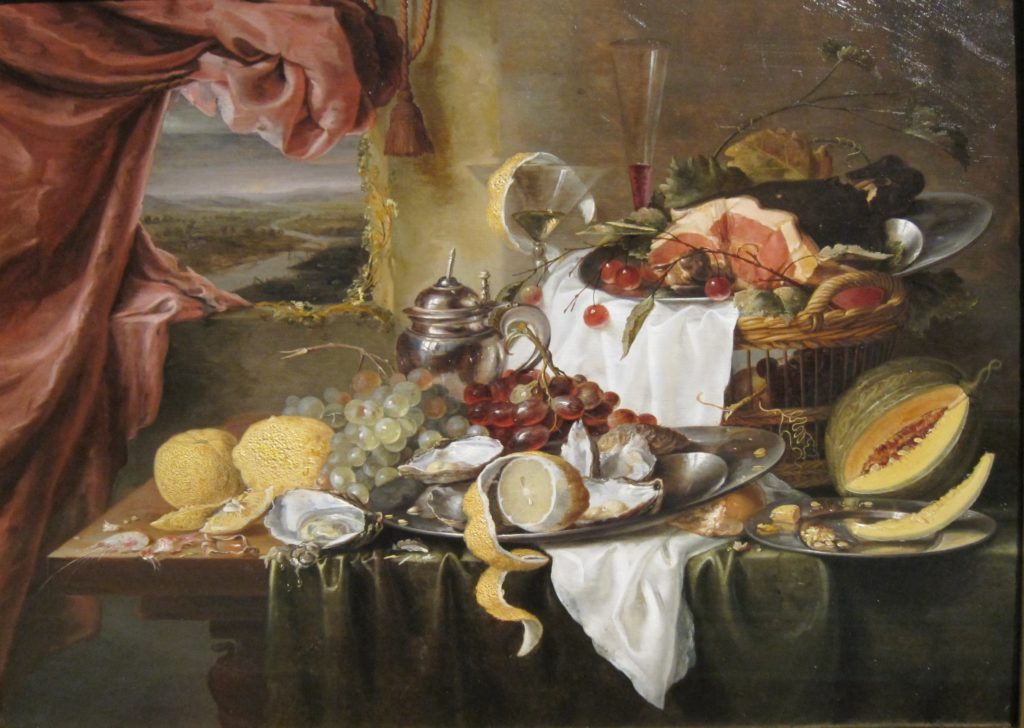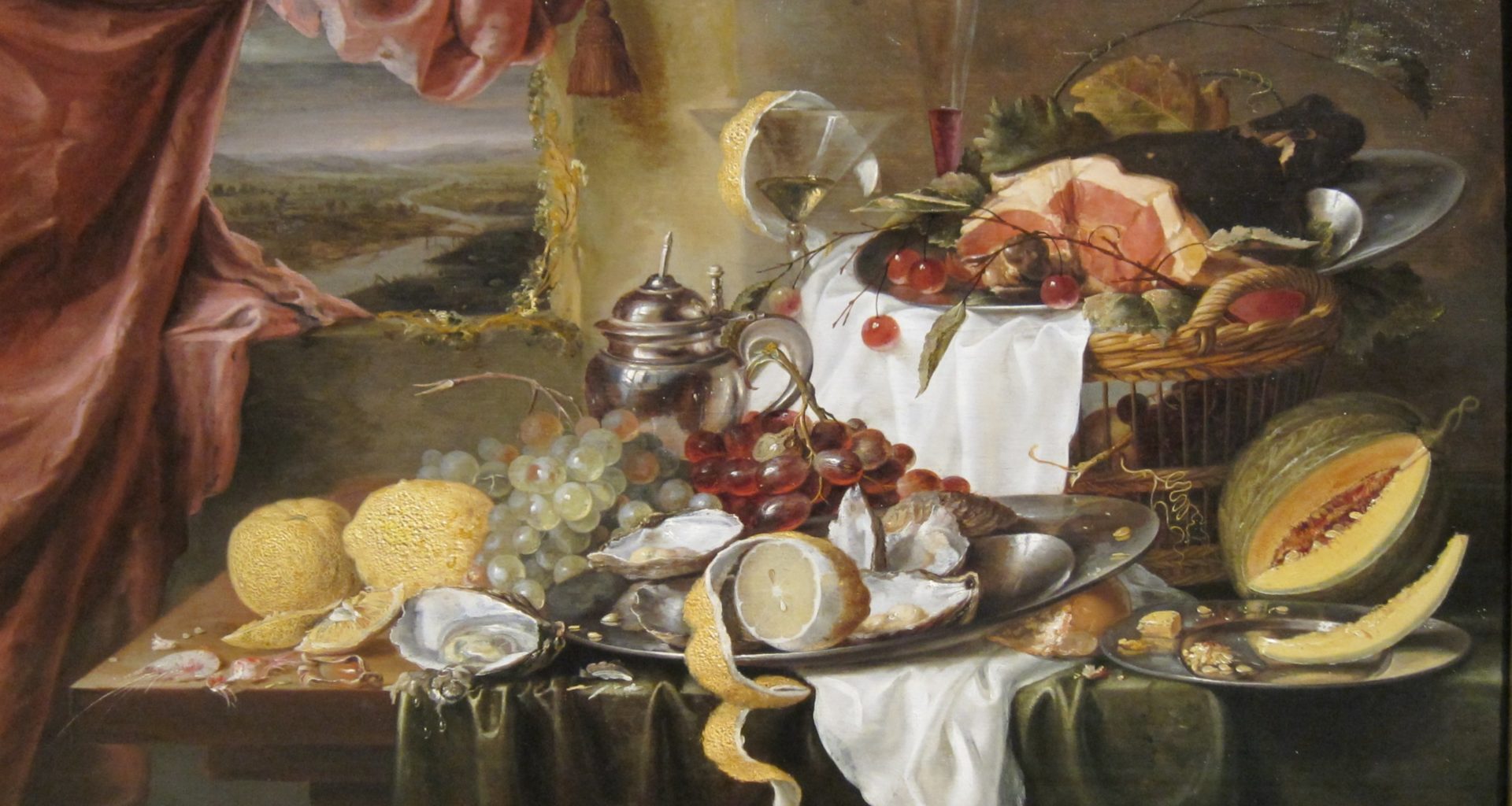Understanding food systems is about more than just putting calories in bellies. Food helps us to understand our place in this world, therefore education relating to and involving food is crucial, but what form should it take and where are the new nodes of learning?
In this five-question series on food and education at The Common Table, we ask experts from all over about their strategies and practices for fostering a healthier relationship with food. Here: the cultural food historian Dr Eleanor Barnett aka @historyeats.

The Common Table: How would you explain your perception of food as an educational discipline or tool to someone who might think that means just cookery lessons?
Eleanor Barnett: As a historian, food for me is about much, much more than cookery lessons. Studying what, how, and with whom people ate in the past allows us better access to the day-to-day experiences that made up ordinary people’s lives, rather than just learning about kings and queens. Using food as a lens through which to learn about the past also connects us to peoples’ values.
No culture eats everything, so why did people choose to eat some foods and not others?
No culture eats everything, so why did people choose to eat some foods and not others? Also, sharing food and shared table rituals create social groups, so why did people choose to eat with some people and not others? Our ideas about the body have changed over time as medicine developed, so how did people in the past understand the process of digestion and how did this impact their dietary decisions?
In all these ways, thinking about food in the past also connects us to wider cultural, religious, scientific, economic and political historical processes. It’s an amazing educational tool!
The Common Table: What are you doing/have you done to change understanding related to food?
Eleanor Barnett: It’s really important to me to share the amazing world of food history with as many people as possible so I post daily food history content on my Instagram page as @historyeats. Each day we explore a historical painting, object, or story surrounding food. As well as simply being fun and fascinating to learn more about certain foods and their origins, exploring the food heritage of a country or people tells us much more about their culture generally.
As an academic historian, I of course write and teach to those studying history/food at university level, but since food history is such an enlightening and fun way of learning about the past, I aim to reach as many people as possible with my online work.
The Common Table: Who are you trying to reach and teach and why?
Eleanor Barnett: As an academic historian, I of course write and teach to those studying history/food at university level, but since food history is such an enlightening and fun way of learning about the past, I aim to reach as many people as possible with my online work. Historyeats is really a fabulous place to learn from others too – I love hearing about special dishes and what they mean/symbolise to followers across the world.
The Common Table: Where would you like to take your work in this field; what are your goals?
Eleanor Barnett: I will soon publish a book on the history of food waste where I’m exploring how we have preserved food in the past to make it last longer, how we’ve used up leftovers creatively, and how we’ve disposed of any food waste that we have created. It’s an important topic given our current environmental concerns and the role that food waste has in contributing to climate change. I am also writing a book based on my academic research into the links between food and religion in the Reformation era.
Social media is such an amazing resource through which to educate ourselves about food.
The Common Table: What is the big-picture perspective in terms of the future of food education and where is it coming from?
Eleanor Barnett: Social media is such an amazing resource through which to educate ourselves about food. It’s so great to be able to hear about food cultures from people across the world who might otherwise not have a platform to share their experiences and knowledge. To be able to learn about a dish from another culture and its rich history – perhaps even to have a go cooking it yourself – is to get a snippet into that culture. Ultimately, this is just a fabulous way of connecting with others.
There are also so many wonderful community initiatives being established on a local scale that aim to empower people with knowledge about healthy eating and cooking on a budget, especially following the dual challenges of the pandemic and cuts to public funding. I am particularly excited by initiatives that teach children to grow and harvest their own food from a young age. Only in this way will future generations really understand the value of food in a globally connected world that otherwise allows us to access it at the click of a button, and often therefore to waste it.
Dr Eleanor Barnett is a cultural historian of food with a PhD from the University of Cambridge. Her research uses food as an enlightening and engaging tool through which to access the past, with a particular focus on the early modern period, food and religion, and the history of food waste. She shares daily food history fun on Instagram as @historyeats to a global audience of food and history lovers.






